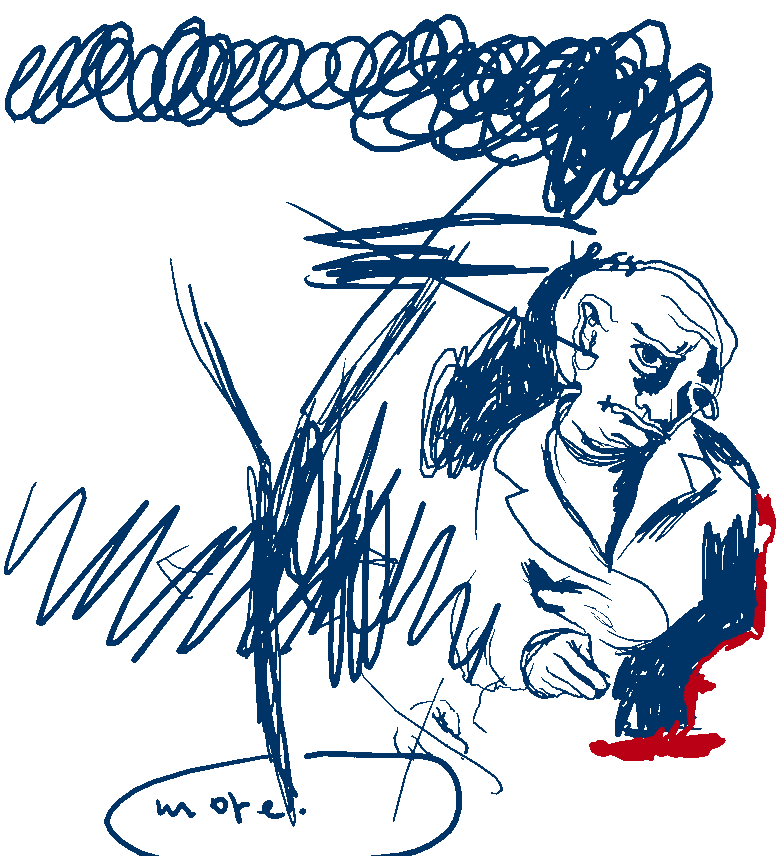The Israel Defense Forces (IDF) troops are “extending operations” in the area of Khan Younis in southern Gaza, the IDF said in a statement on Friday.
“In several different engagements, IDF troops eliminated dozens of terrorists using aerial strikes, and sniper and tank fire” over the last day, the IDF said.
In one incident, an aircraft identified “a terrorist carrying an RPG [rocket-propelling grenade] who was running towards IDF troops,” the IDF said, adding tanks were used to kill him before he was able to fire.
The IDF said its troops began dismantling Hamas infrastructure in Khan Younis on Thursday, where a Hamas militant was identified retrieving a rocket-propelling grenade from a shaft.
“Nowhere to go”: The UN Relief and Works Agency (UNRWA) said in a post on X on Thursday that over 150,000 people “have nowhere to go” after the IDF warned residents in many parts of central Gaza that they must urgently leave.
“Evacuation order by Israeli authorities of middle #Gaza causes ongoing forced displacement,” UNRWA said. “Over 150,000 people- young children, women carrying babies, people with disabilities & the elderly- have nowhere to go.”
At least 100,000 internally displaced persons (IDPs) have arrived in Rafah over the past few days, the United Nations Office for the Coordination of Humanitarian Affairs (OCHA) said in an update on Friday.
The figures are based on preliminary estimates by humanitarian actors on the ground, and this follows an “intensification of hostilities in Khan Younis and Deir al Balah, and the Israeli arm’s evacuation orders,” OCHA said.
OCHA said Rafah was already estimated to be the most densely populated area in Gaza on December 20, exceeding 12,000 people per square kilometer.
Earlier this week, IDF Chief of General Staff Herzi Halevi said that the war against Hamas “will continue for many more months” and that the IDF is concentrating its efforts “in the southern Gaza Strip.”
The number of people killed in Gaza since Israeli military operations began on October 7 is 21,320, with an additional 55,603 people injured, according to Hamas-run Ministry of Health in Gaza Thursday.

















